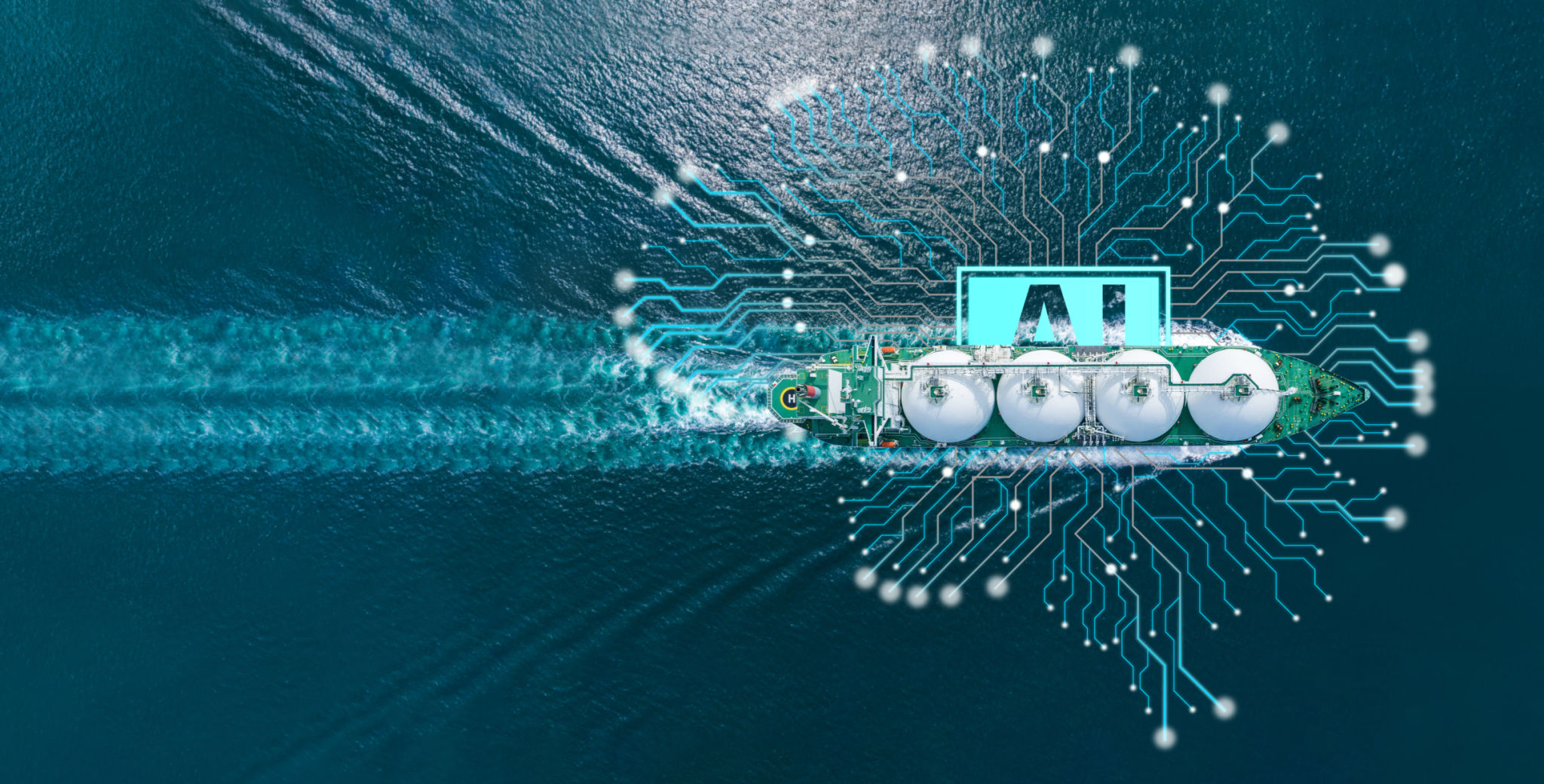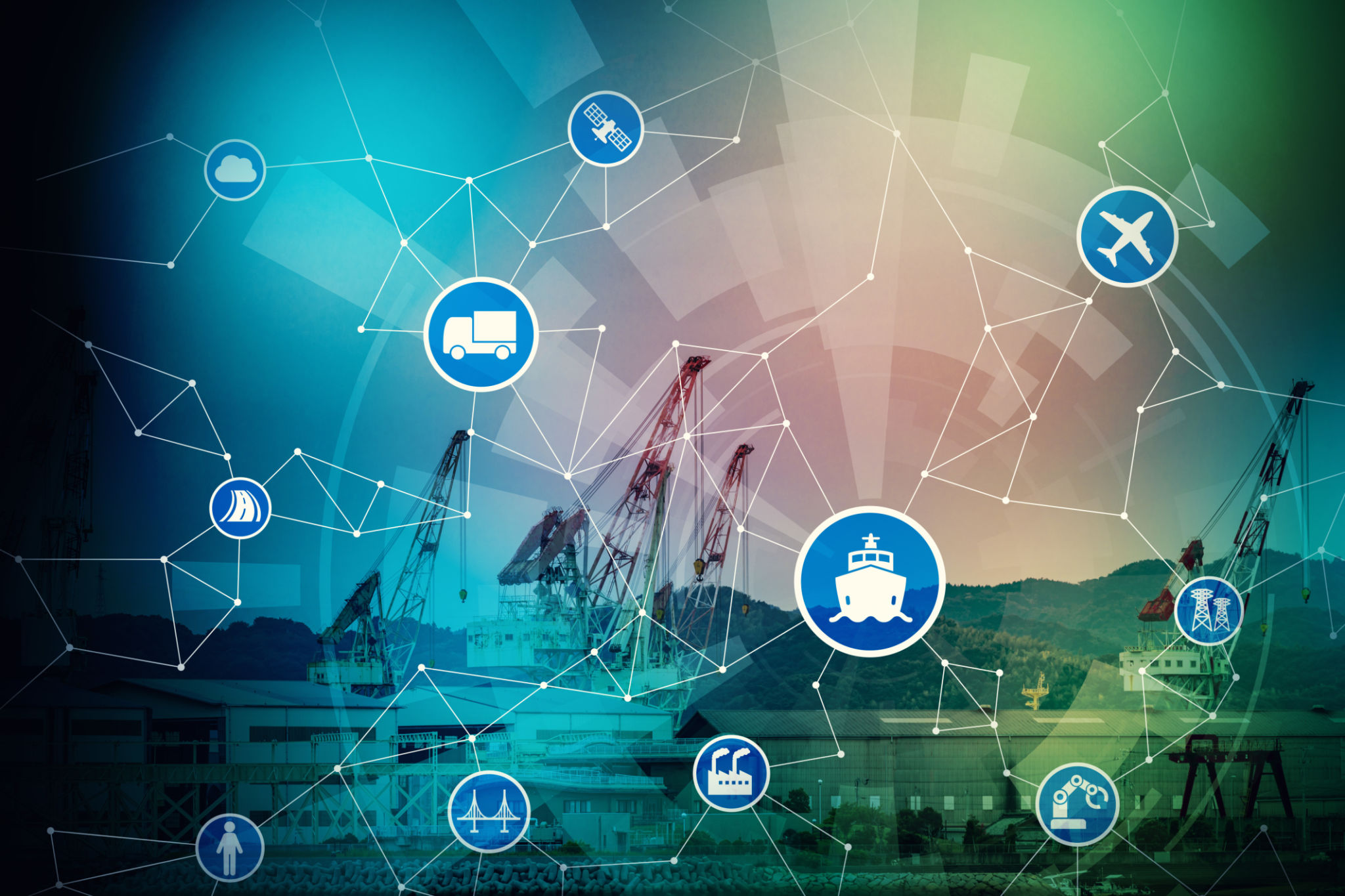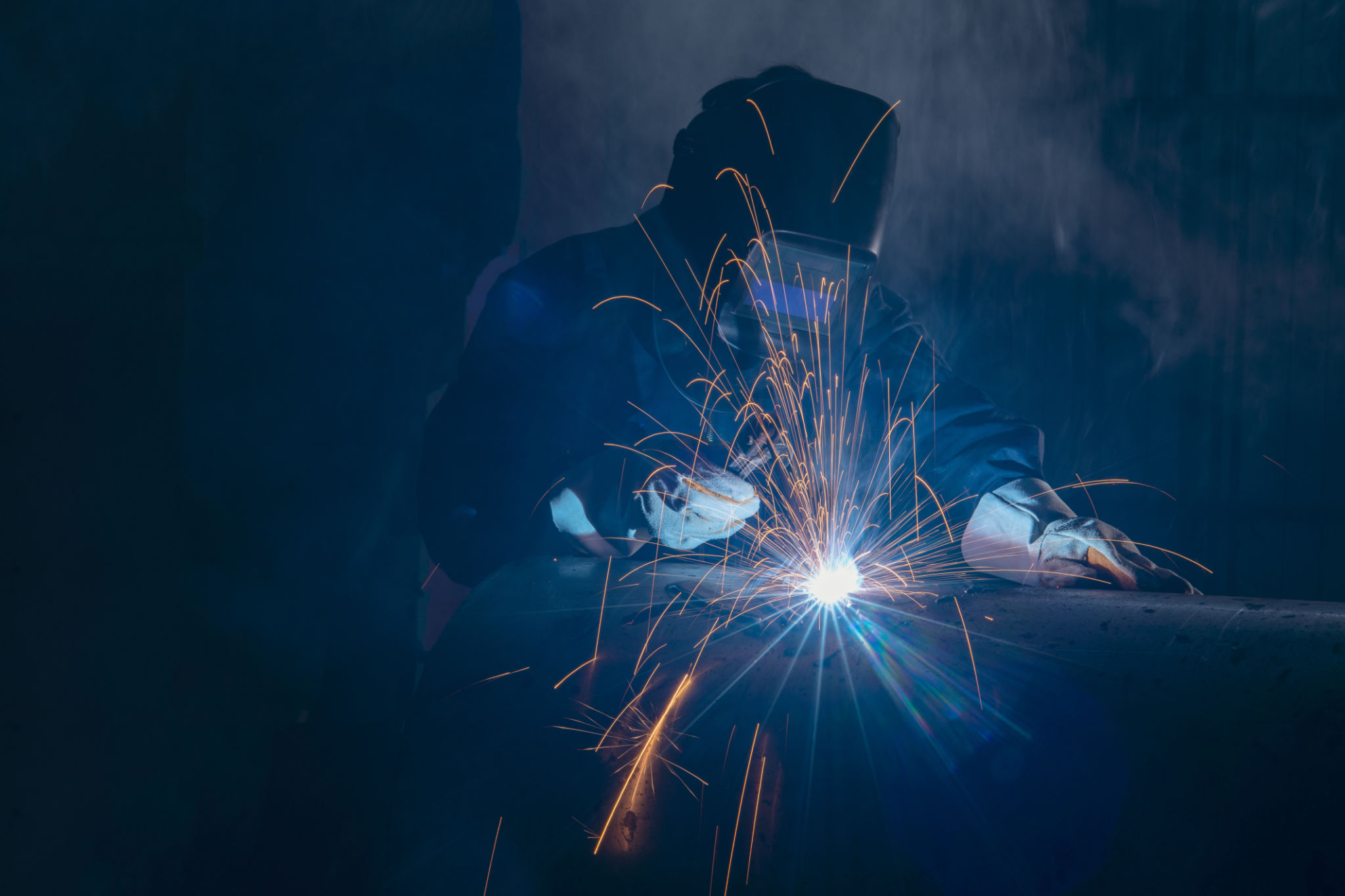How AI is Revolutionizing Maritime Safety: Key Innovations
Introduction to AI in Maritime Safety
Artificial Intelligence (AI) is making waves across various industries, and the maritime sector is no exception. From enhancing navigational accuracy to improving emergency response times, AI technologies are transforming how maritime safety is managed. This revolution is crucial in an industry that heavily relies on precision, efficiency, and safety.
The maritime sector faces a unique set of challenges, including unpredictable weather conditions, navigation through crowded waters, and the need for efficient cargo handling. AI is stepping in to provide innovative solutions to these challenges, making seafaring safer and more efficient.

Enhanced Navigational Systems
AI-powered navigational systems have significantly improved the way vessels operate at sea. These systems use machine learning algorithms to analyze vast amounts of data from satellites, weather forecasts, and historical shipping routes. By doing so, they can provide real-time guidance to avoid potential hazards and optimize routes for fuel efficiency.
Furthermore, AI assists in collision avoidance by predicting the movements of other vessels nearby. This proactive approach reduces the risk of accidents, ensuring that ships can navigate busy ports and channels safely.
Autonomous Vessels
The development of autonomous ships is another groundbreaking advancement driven by AI. These vessels are equipped with sensors and cameras that feed data into AI systems, allowing them to make critical decisions without human intervention. This technology not only enhances safety but also reduces operational costs by minimizing the need for large crews.

Predictive Maintenance
AI is also pivotal in predictive maintenance, a practice that ensures vessels remain in top condition. By analyzing data from onboard sensors, AI can predict when equipment is likely to fail and schedule maintenance accordingly. This proactive maintenance approach reduces downtime and prevents costly repairs, enhancing overall vessel safety and efficiency.
Real-Time Monitoring
Real-time monitoring systems powered by AI provide constant oversight of a ship's vital systems. These systems can detect anomalies or inefficiencies and alert the crew before they escalate into serious issues. By maintaining optimal performance levels, AI helps extend the lifespan of maritime equipment and improve safety standards.

Emergency Response Optimization
In emergencies, every second counts. AI enhances emergency response times by quickly analyzing data from various sources to coordinate efficient rescue operations. For instance, AI can process distress signals, weather conditions, and available rescue resources to devise the best action plan.
Additionally, AI-driven simulations help train crews for emergency situations. By creating realistic scenarios, these simulations prepare personnel to handle crises effectively, ultimately saving lives.
The Future of AI in Maritime Safety
The role of AI in maritime safety is set to expand even further as technology advances. Future innovations may include more sophisticated autonomous systems, enhanced predictive analytics, and improved communication networks between ships and shore facilities.
As the maritime industry continues to embrace AI, it will undoubtedly lead to a safer and more efficient future for global shipping operations.
